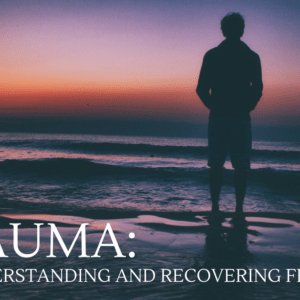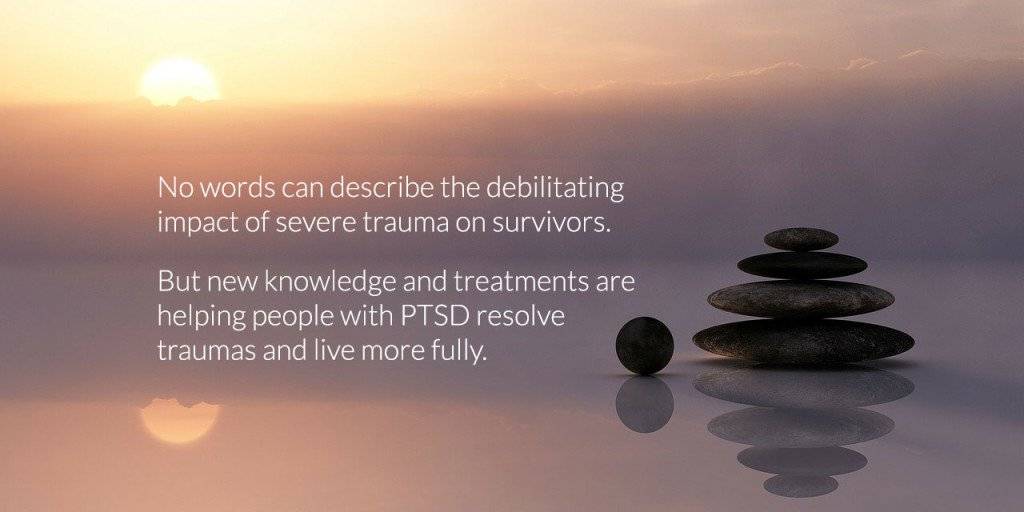
Anxiety: What to do when it spirals out of control
Everybody feels anxious at times. Anxiety is usually experienced as range of different emotional, physical, cognitive and behavioural reactions. Including:
- Feeling fearful in certain situations
- Experiencing a feeling of dread
- Feeling irritable
- Being easily overwhelmed
- Difficulty controlling your worry/rumination
- Difficulty concentrating
- Muscle tension
- Feeling flushed or sweaty
- Having a dry mouth
- Nausea
But what causes anxiety, and what is the difference between feeling anxious and having an anxiety disorder? How can I tell if I have an anxiety disorder?
Table of Contents
What is Anxiety?
Anxiety is a physiological response that is experienced when the fight or flight response has been triggered. The fight or flight response is a survival mechanism experienced by all human beings. This is usually triggered in response to a variety of stressors in our environment (such as a threat to our safety). As a result, the body experiences a range of psychological and physiological reactions designed to keep us safe in dangerous situations.
This physiological response is very helpful when there is a threat to our safety. However, our stressors often are not life-and-death situations. But are complex situations that cause ongoing stress.
Such as financial stress, interpersonal conflict, managing relationships, dealing with uncertainty, a worldwide pandemic, natural disasters, navigating a stressful work environment, raising children, etc.
What is an anxiety disorder?
Although anxiety is a normal and common response to a stressful situation, people with anxiety disorders usually experience excessive worry, rumination, apprehension and fear. This excessive worry will often cause that person to have difficulty functioning in one or more areas of their life. Including at work, in relationships, in social settings or academia. When an individual’s anxiety symptoms are there most of the time and are interfering with their ability to complete daily tasks, it is likely that they may suffer from an anxiety disorder.
People with anxiety disorders may find it difficult to make new friends, start a relationship, apply for jobs, or attend job interviews. They may avoid social situations for fear of embarrassing themselves, and their anxiety may consume them to the point where they cannot concentrate on performing a task at work or study. Their worry may stop them from passing a test, or in extreme cases; it can prevent people from leaving the house.
When should I seek help?
If your anxiety is:
- Causing you to feel anxious or irritable most of the time
- Affecting your ability to control your rumination/worry
- Making you feel on edge, have a sense of impending doom or that something “bad” is going to happen
- Disrupting your sleep
- Affecting your appetite
- Impairing your cognitive functioning
- Causing fatigue
- Causing muscle tension
Evidence-based therapy from a registered psychologist can help.
Can anxiety be treated?
There are many effective treatments available for anxiety. Various psychotherapies and different medications have been shown to be effective in successfully treating anxiety.
What should I do if I feel anxious?
If you are experiencing anxiety, you should talk to your GP or schedule an appointment with a registered psychologist. Your doctor will be able to provide you with information regarding the various treatment options for anxiety and will also be able to provide you with a referral to a psychologist (a Mental Health Care Plan) so that you can claim a Medicare rebate.




Leave a Reply